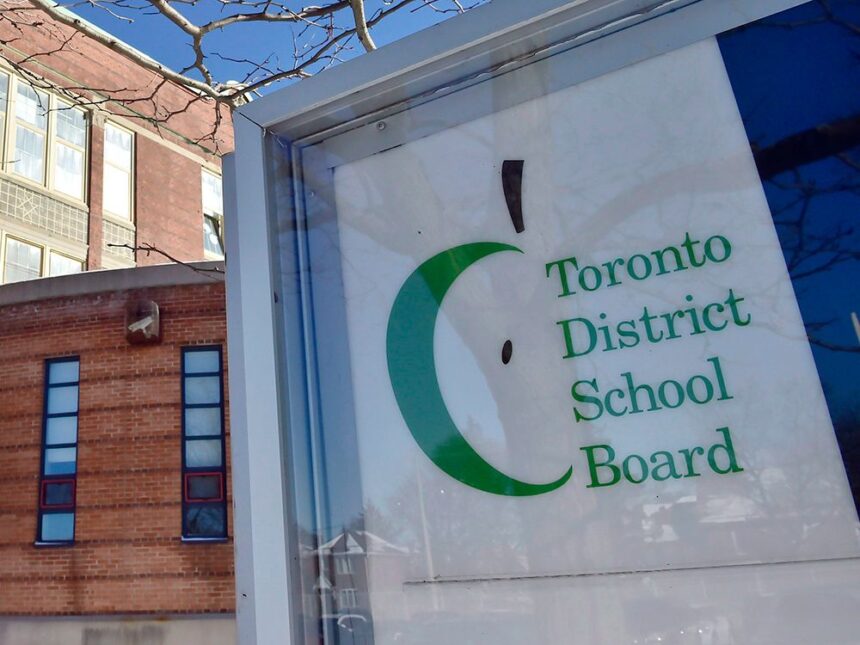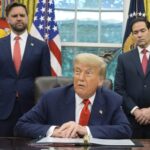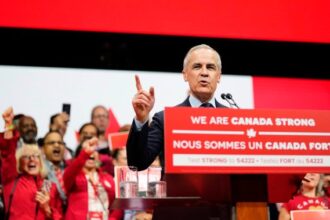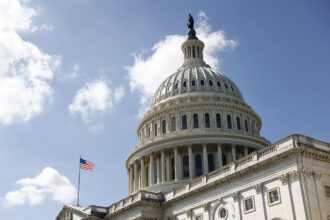In an unprecedented move that has sent shockwaves through Ontario’s education system, the provincial government announced Thursday it is taking direct control of four school boards, including the Toronto District School Board (TDSB), Canada’s largest education board serving over 240,000 students.
Education Minister Stephen Lecce characterized the decision as necessary intervention following what he described as “years of systemic mismanagement” at the affected boards. The takeover targets the TDSB, the Thames Valley District School Board, the Kawartha Pine Ridge District School Board, and the Trillium Lakelands District School Board—collectively responsible for educating nearly half a million Ontario students.
“This isn’t a step we’ve taken lightly,” Lecce stated during a press conference at Queen’s Park. “The financial irregularities, governance failures, and declining student achievement metrics have reached a critical point where provincial intervention became absolutely necessary to protect educational outcomes for students.”
Under the takeover plan, the province will appoint supervisors with sweeping authority to oversee operations and financial management at each board, effectively suspending the decision-making powers of elected trustees. These supervisors will report directly to the Ministry of Education rather than to local communities—a point that has drawn significant criticism from education advocates.
The Ontario Public School Boards’ Association immediately expressed concern about the precedent this sets for democratic governance in education. “When we remove locally elected representatives from the equation, we risk losing the vital connection between communities and their schools,” said OPSBA President Cathy Abraham.
Financial audits conducted over the past eight months revealed what the ministry called “troubling patterns” of budget misallocation and governance failures. At the TDSB specifically, auditors identified a $42.7 million budget discrepancy and questioned several high-value contracts awarded without proper procurement procedures.
Rachel Williams, a parent with three children in Toronto schools, expressed mixed feelings about the intervention. “Something clearly needed to change—we’ve watched programs get cut while administrative costs seemed to balloon. But I worry about who will represent our community’s specific needs now.”
The Canadian Teachers’ Federation condemned the move as “political overreach” and questioned the timing, which comes less than two years before the next provincial election. “This looks suspiciously like an attempt to centralize control over education policy rather than address legitimate concerns through collaborative processes,” said CTF President Sam Hammond.
Premier Doug Ford defended the takeover as essential for fiscal responsibility. “Taxpayers expect their education dollars to reach classrooms, not get lost in administrative black holes,” Ford stated. “We’re stepping in to ensure accountability and improved outcomes.”
The province has indicated the supervisory period will last between 18 months and two years, after which a “transition plan” will be implemented to restore local governance—though with enhanced provincial oversight mechanisms that will remain permanently in place.
Education policy experts note this represents the largest intervention in local school board governance in Canadian history. Dr. Nina Bascia, professor of educational leadership at the University of Toronto, called it “a watershed moment in the relationship between provincial governments and local education authorities.”
“The question Ontarians should be asking isn’t just whether these specific boards needed intervention,” Bascia said, “but whether this represents a fundamental shift in how we govern education in this province, and what that means for democratic oversight of our children’s learning environments.”
As communities across Ontario digest this dramatic restructuring of educational governance, the fundamental question remains: will centralized provincial control deliver the improved educational outcomes and fiscal responsibility promised, or does it risk disconnecting schools from the unique needs of the communities they serve?


















